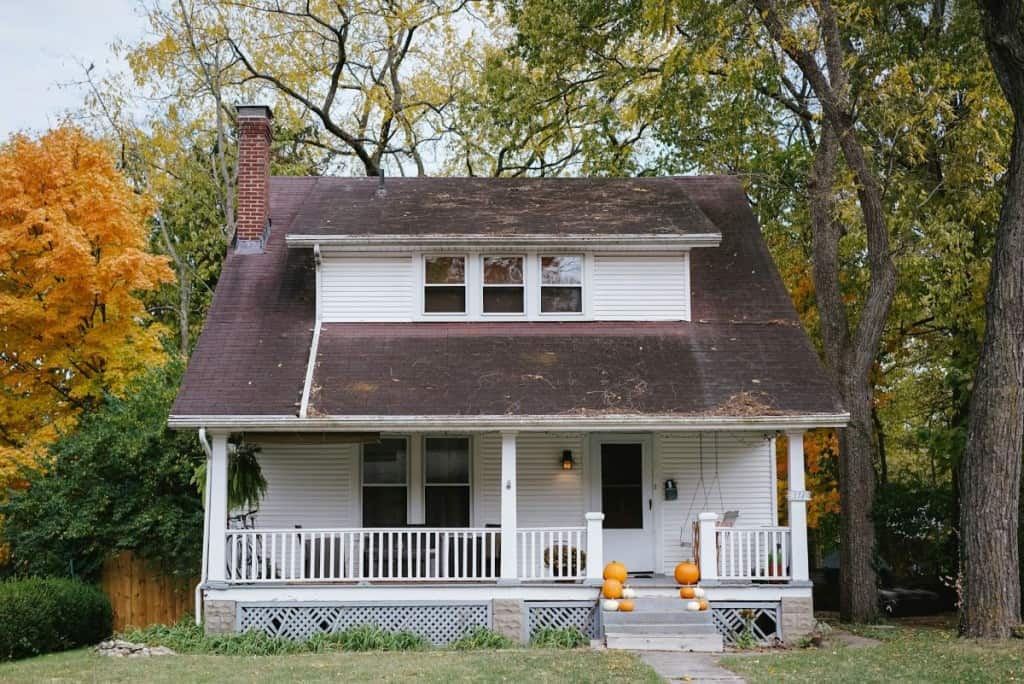Key takeaways Duplexes have two separate living units, often appealing to those seeking privacy or rental income. Townhouses are connected homes within a community, offering shared amenities and lower maintenance responsibilities. Your decision should be guided by your budget, lifestyle preferences, and willingness to handle upkeep or rental management. If you’re exploring different types of housing,...
October 2025
Contingencies are an essential part of any home purchase contract, protecting buyers from financial risk if things don’t go according to plan. The financing contingency, also known as a mortgage contingency, is especially important for buyers who need a loan to purchase a home. It gives you the right to cancel the sale and keep your earnest money if your financing falls through before closing. Without...
You’ve got big plans for 2026. But what you do this year could be the difference between a smooth sale and a stressful...
If you’re selling a home, you might wonder, can sellers sign documents early? In many cases, the answer is yes. This can be helpful if you’re relocating out of town, have scheduling conflicts on the closing date, or simply want to streamline the process so funds are released sooner once the buyer signs. However, your ability to sign early depends on factors like state laws, the title company, and the...
It includes bathroom plumbing, electrical wiring, and kitchen...
Heat waves continue to affect most of the U.S. this summer. Here's how you can protect your HVAC system during the heat and conserve energy...
When you’re buying a home, the last thing you want in an inspection report is a potential structural or foundation problem. Some buyers may decide to walk away, but if you’re serious about the home, a structural inspection is the next step. A structural engineer will look at the foundation, framing, and other load-bearing elements that keep a house safe and stable. Most of the time, the inspection...
When buying, selling, or refinancing a home, an appraisal is almost always a required step in the process. An appraisal verifies the home’s fair market value so the lender can approve the right loan amount. Usually, the buyer pays for the home appraisal, but it can also depend on the situation — no matter if you’re buying a home in Charlotte, NC or Salt Lake City, UT. Who pays for the appraisal...
Key takeaways Contingent homes mean the seller has accepted an offer, but they’re still active listings. Pending homes are no longer active listings and are in the process of being sold. Contingencies are specific conditions that must be met during a real estate transaction. If they aren’t met, then a buyer or seller is legally allowed to back out of the deal. When looking at homes for sale, you’ll...
As a home seller, you’re focused on presenting your property in the best possible light. You’ve likely invested in staging, minor repairs, and curb appeal to attract buyers. But have you considered the influence your neighbors have on property value? While you can’t choose who lives next door, understanding their potential influence is necessary. As you begin your process of selling your home in...









